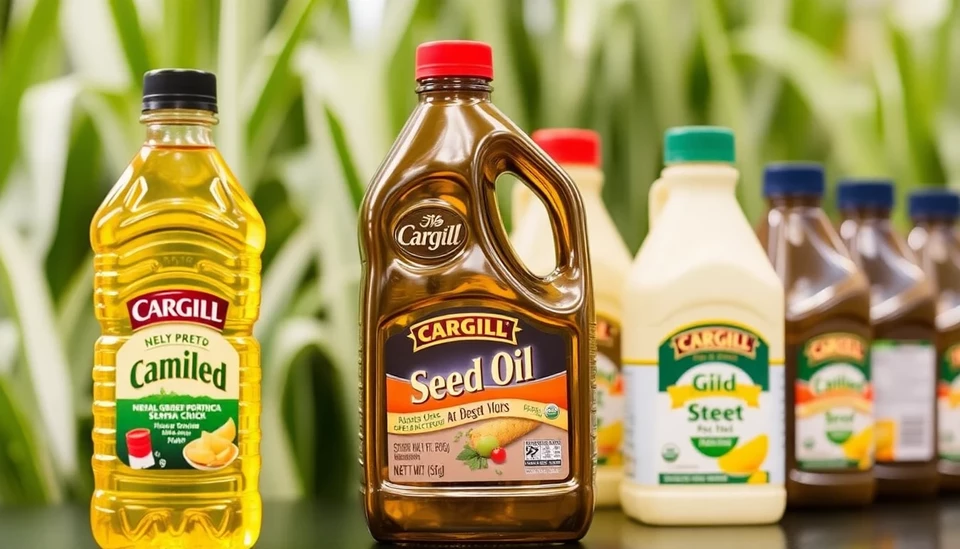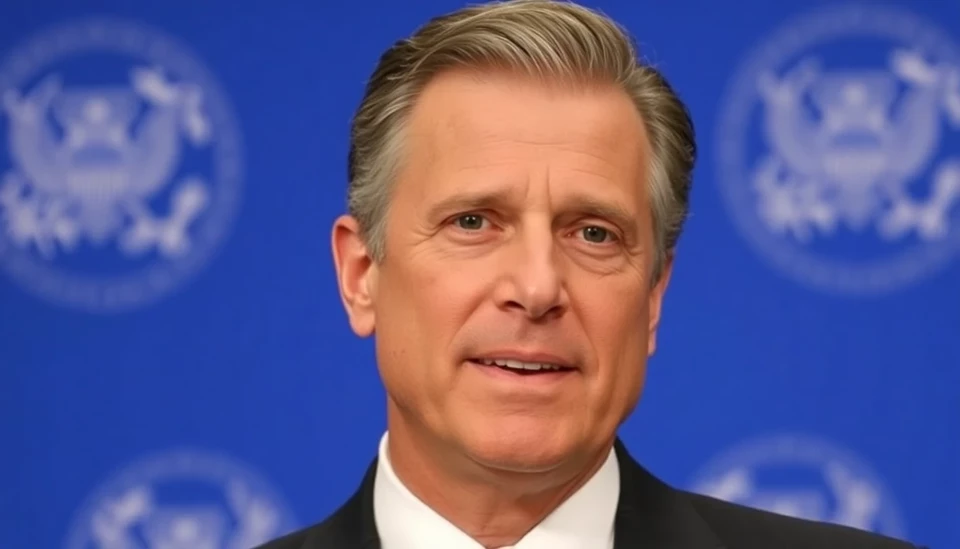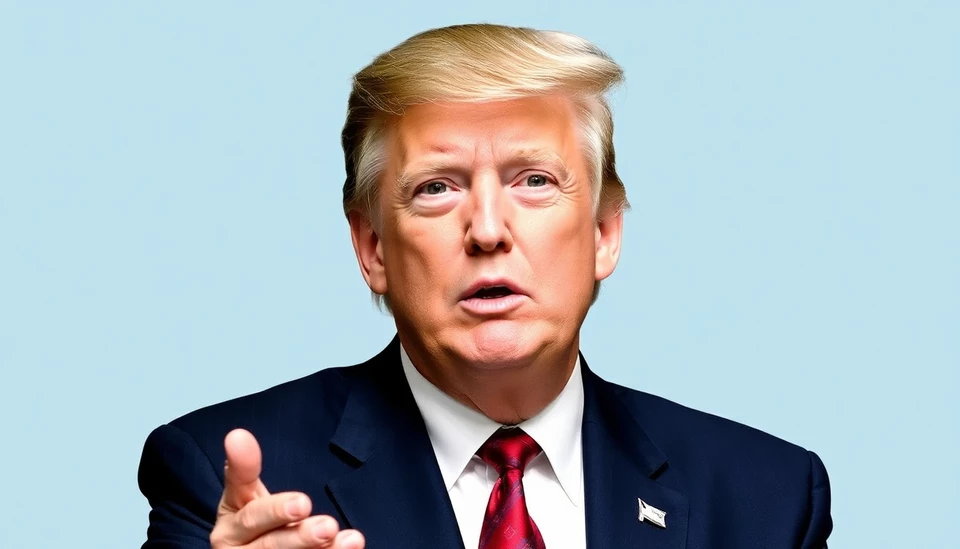
In a surprising turn of events, Robert F. Kennedy Jr., known for his controversial stances on vaccines and health-related issues, has gained significant attention following the confirmation of his candidacy for the upcoming presidential election. His views, particularly regarding weight loss drugs, have sparked a wave of discussions among health professionals, political analysts, and the broader public. What does this mean for the future of pharmaceuticals and public health policy?
Kennedy's skepticism towards the pharmaceutical industry, especially concerning vaccine safety, has long positioned him as a polarizing figure. His new candidacy has intensified these debates as his platform promises to challenge the status quo associated with both weight loss drugs and vaccines. He has consistently criticized pharmaceutical companies for prioritizing profits over public health, raising concerns about the safety and efficacy of widely prescribed medications.
The spotlight on weight loss drugs is particularly interesting. Recent advancements in pharmacotherapy have led to the development of several appetite-suppressing medications that have gained popularity for their effectiveness in managing obesity. However, Kennedy's views raise questions about the long-term impacts of these drugs, potentially unveiling further regulatory scrutiny. Experts are now pondering whether his presidency could lead to more stringent regulations on drug approvals and an increased focus on holistic, non-pharmaceutical alternatives for weight management.
Furthermore, Kennedy has been vocal about vaccine mandates and their implications on personal freedoms. His win could potentially sway public opinion toward a more skeptical view of vaccines, prompting discussions in legislative bodies about vaccine policies and mandates. This shift could alter the current landscape of public health, particularly as society emerges from the aftereffects of the global pandemic.
Political analysts now speculate that Kennedy’s platform could resonate with a significant portion of the electorate who share his concerns over pharmaceutical practices and government health policies. This may not only influence his campaign but also encourage other candidates to take a stance on these critical health issues.
As the election campaigns heat up, the implications of Kennedy's candidacy could extend far beyond the political arena. The landscape of both pharmaceutical regulations and public health initiatives may face unprecedented scrutiny as voters seek clarity and safety in their healthcare options.
In conclusion, Robert F. Kennedy Jr.’s confirmation as a presidential candidate could usher in pivotal changes in how weight loss drugs and vaccines are viewed and regulated in America. His campaign may well ignite a broader discourse on the intersection of health, politics, and personal freedom, which could redefine the future of public health policy.
As these developments unfold, it will be essential to keep an eye on how Kennedy's vision and policies translate into actionable changes and the reaction from both the public and the pharmaceutical industry.
#RobertFKennedyJr #WeightLossDrugs #Vaccines #HealthcarePolicy #Pharmaceuticals #Election2024
Author: Samuel Brooks



